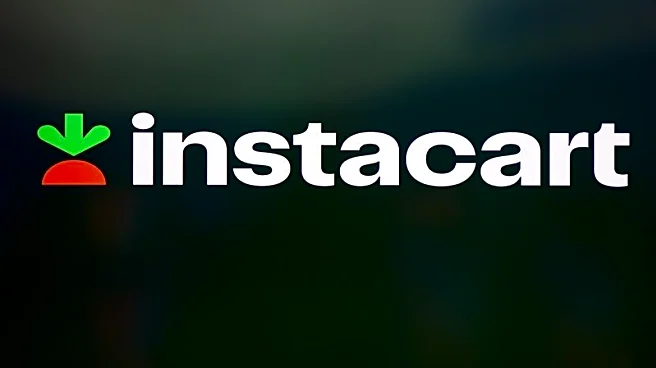What's Happening?
The Land and Agricultural Development Bank of South Africa has disbursed over R20 million to farmers in KwaZulu-Natal under the Blended Finance Scheme since April. The bank is conducting due diligence on applications worth an additional R100 million for the current financial year. This initiative aims to provide financial access to farmers, particularly those previously excluded from the industry. The scheme offers funding based on annual turnover, with different grant-loan ratios for smallholder, medium-commercial, and commercial-scale farmers. The bank is also piloting an aggregation framework to help farmers with limited land meet market requirements.
Why It's Important?
The disbursement of funds by the Land Bank is crucial for driving agricultural transformation, job creation, and food security in KwaZulu-Natal. By providing financial access to previously disadvantaged farmers, the bank is helping to bridge the gap between smallholder and commercial farming. This initiative supports the government's efforts to ease barriers to entry for farmers without collateral or a strong balance sheet. The partnerships with major companies like Woolworths and Heineken further enhance market access for farmers, promoting sustainable agricultural practices and economic growth in the region.
What's Next?
The Land Bank plans to continue its efforts in supporting farmers through the Blended Finance Scheme, with more than R100 million in the pipeline for this year. The bank's Partnerships and Ecosystems Development Unit will continue to link farmers with markets, fostering collaborations with major companies. The bank's focus on risk management and insurance cover will ensure the sustainability of farming as a business. The initiative is expected to contribute significantly to land redistribution, job creation, and hunger alleviation in the region.
Beyond the Headlines
The Land Bank's initiative highlights the importance of treating farming as a business, with risk management at its core. The requirement for funded farmers to implement a workers' profit-sharing model emphasizes the bank's commitment to ethical and sustainable agricultural practices. The exclusion of certain groups from accessing BFS funds ensures the integrity of the program, while the succession plan requirement for farmers over 60 promotes long-term sustainability.










